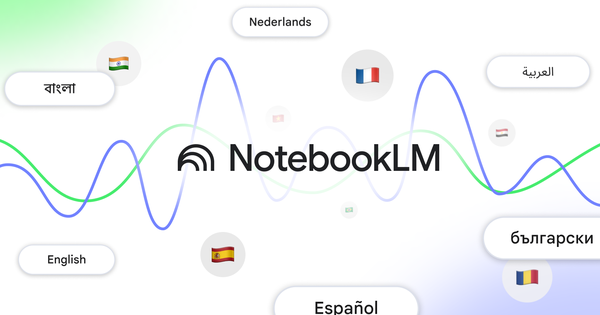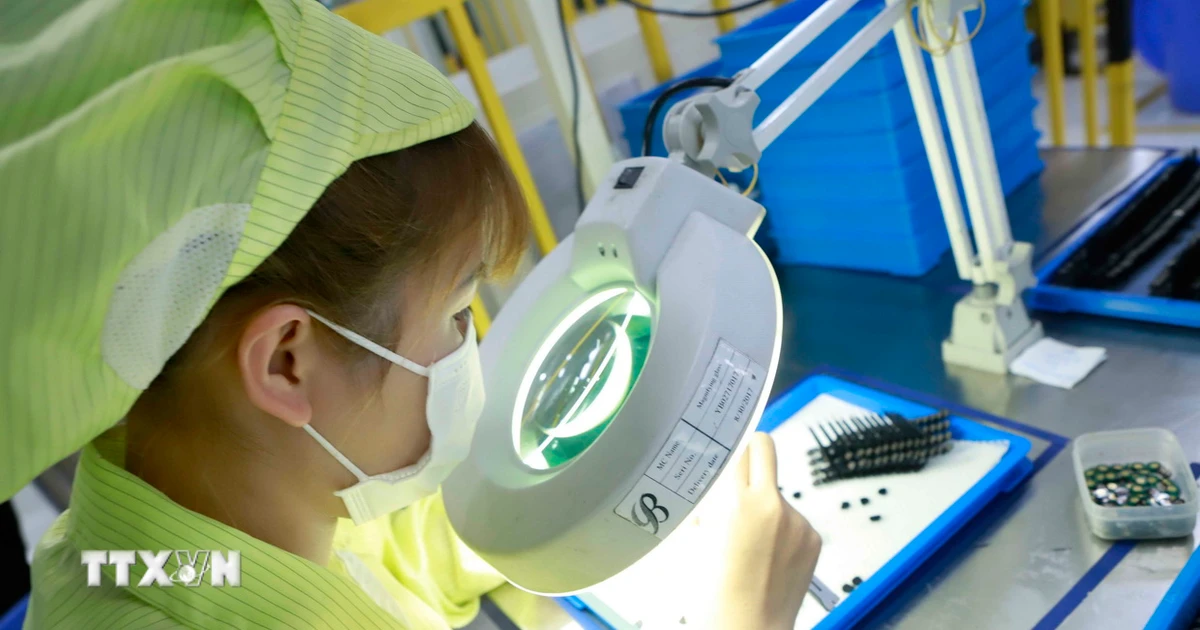A group of scientists in California (USA) has just announced a breakthrough in the field of neural communication: A brain implant can decode thoughts and convert them into speech almost instantly.
This achievement is especially meaningful for patients who are paralyzed or have lost the ability to speak due to trauma or stroke.
According to research published in the journal Nature Neuroscience, scientists successfully tested the device on Ann - a 47-year-old female patient who was quadriplegic and unable to speak for the past 18 years after a stroke.
Thanks to new technology, Ann can “speak” again through a computer system that processes brain signals.
Previous studies have developed brain-computer interface (BCI) systems, but they have a delay of about eight seconds between thought and spoken words, disrupting conversation.
However, the team's new technology has significantly improved processing speed, allowing Ann's speech to be processed in just 80 milliseconds - equivalent to half a syllable.
"We were able to convert her brain signals into a personalized voice in real time, within just 1 second of her intention to speak," said lead author Gopala Anumanchipalli, who works at the University of California.
To develop the system, the team used a series of electrodes implanted in the area of Ann's brain that controls language. As she thought of a sentence, the electrodes picked up neural signals and fed them to an AI model.
The AI then decodes these signals and converts them into sound units, forming complete sentences with a voice reconstructed from recordings of Ann before she lost the ability to speak.
“The system doesn’t wait for the entire sentence to be completed, but instead continuously translates small parts of speech, similar to how real-time speech recognition systems work,” Anumanchipalli explains.
The research results have created great excitement in the scientific community. Professor Patrick Degenaar, a neuroscientist at Newcastle University (UK), commented that this is "an important step forward in the field of neural communication, opening up great potential for patients with speech loss."
Notably, this technology uses an electrode system that does not penetrate too deeply into the brain, which helps reduce risks compared to other implant methods.
Implanting these electrodes is now a common procedure in the treatment of epilepsy, making the technology potentially widely available in the future.
Ann also shared her happiness at "hearing her own voice again" after nearly two decades of silence.
“I was excited about the possibility of being able to converse with people again without the need for a keyboard or a typewriter,” she said.
Although the results are promising, the technology is still in its experimental stage and needs further improvement before it can be widely used.
Currently, the system can only recognize about 1,024 words - a limited number compared to natural language.
With the right financial investment, Mr. Anumanchipalli predicts that this technology could be put into practical use within the next 5-10 years, helping millions of people around the world regain their voice and communication ability./.
Source: https://www.vietnamplus.vn/cay-ghep-nao-giup-bien-suy-nghi-thanh-giong-noi-gan-nhu-tuc-thi-post1024400.vnp



![[Photo] "Lovely" moments on the 30/4 holiday](https://vstatic.vietnam.vn/vietnam/resource/IMAGE/2025/5/1/26d5d698f36b498287397db9e2f9d16c)
![[Photo] Binh Thuan organizes many special festivals on the occasion of April 30 and May 1](https://vstatic.vietnam.vn/vietnam/resource/IMAGE/2025/5/1/5180af1d979642468ef6a3a9755d8d51)

![[Photo] Bustling construction at key national traffic construction sites](https://vstatic.vietnam.vn/vietnam/resource/IMAGE/2025/5/2/a99d56a8d6774aeab19bfccd372dc3e9)






![[Video] The role of intellectuals in effectively implementing Resolution 57-NQ/TW](https://vstatic.vietnam.vn/vietnam/resource/IMAGE/2025/5/2/9b2b1a73840f43848d14cbdcc88426a5)









![[Photo] Ha Giang: Many key projects under construction during the holiday season](https://vstatic.vietnam.vn/vietnam/resource/IMAGE/2025/5/1/8b8d87a9bd9b4d279bf5c1f71c030dec)


































































Comment (0)